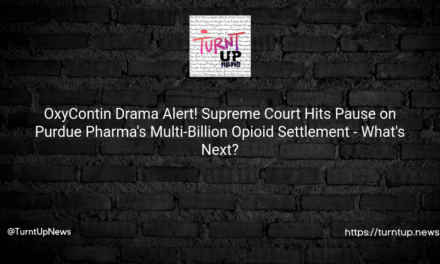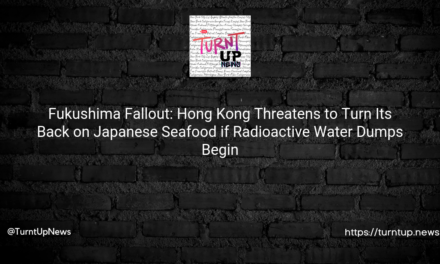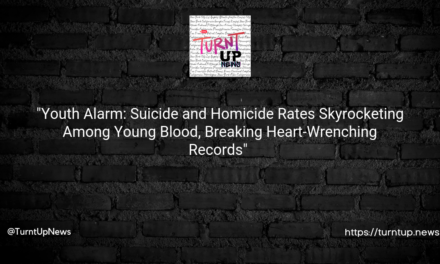💰 3M Settles ‘Forever Chemicals’ Lawsuits for $10.3 Billion: Water Suppliers Rejoice, But What About Consumer Safety? 💧🚱
TL;DR:
3M, the company behind popular products like Post-It notes and Scotch Tape, has agreed to pay a staggering $10.3 billion over 13 years to settle lawsuits concerning the contamination of water supplies in the United States. The lawsuits claim that toxic “forever chemicals,” known as PFAS, found in household items and manufactured by 3M, have caused health problems and contaminated drinking water systems across the country. While this settlement is seen as progress, questions remain about consumer safety and the responsibility of corporations. Is this hefty payout enough to ensure justice for affected communities?
In a groundbreaking move, 3M has chosen to put its money where its mouth is, agreeing to pay a jaw-dropping $10.3 billion to settle lawsuits relating to the presence of hazardous “forever chemicals” in the water supplies of various US states. Cheers erupted from public water suppliers who have been grappling with the contamination issue for years, but the question remains: is this settlement enough to address the deeper concerns of consumer safety?
Polyfluoroalkyl and perfluoroalkyl substances (PFAS), known as “forever chemicals,” have been causing quite a stir lately. These persistent compounds can be found in countless household items, from makeup and carpeting to 3M’s own industrial products. Designed to repel water, grease, and oil, PFAS have proven to be both useful and harmful. 🚫🧪
For over two decades, 3M has faced a deluge of lawsuits claiming that the company knew about the adverse effects of PFAS, including links to cancer, developmental defects, and other health issues. Moreover, plaintiffs argue that the chemicals have tainted the drinking water systems of countless communities across the United States. The scope and severity of these allegations have weighed heavily on 3M’s shoulders, prompting the corporation to take significant steps towards addressing the issue.
3M’s recent announcement of the multi-billion dollar settlement is undoubtedly a landmark decision. However, as we dive into the depths of this agreement, we must question the implications for consumer safety moving forward. Are the affected communities now in the clear? Is this settlement truly a step towards justice?
It’s important to note that 3M has steadfastly maintained that this settlement is not an admission of liability. By resolving the lawsuits, the company aims to channel the funds into supporting public water suppliers that have discovered PFAS contamination in their systems. This financial aid will be dispersed over a period of 13 years, offering a glimmer of hope for those affected by the presence of these chemicals in their water sources. 💦🚱
Nonetheless, one cannot help but wonder if this settlement is merely a Band-Aid solution. While public water suppliers may find solace in the financial assistance, what about the consumers who have unknowingly consumed PFAS-tainted water for years? What about the potential long-term health effects on individuals and communities? Shouldn’t more be done to ensure consumer safety and hold corporations accountable for their actions?
In recent times, we have witnessed a growing awareness of the environmental and health risks posed by PFAS chemicals. The United States Environmental Protection Agency (EPA) has even proposed national drinking water standards for these substances. However, with the lingering presence of PFAS in the environment and the human body, it is clear that a comprehensive solution is still lacking. 🌎🔬
As we contemplate this historic settlement, we must ponder the broader implications it raises. Is this the end of the road for accountability, or should corporations face further scrutiny and





